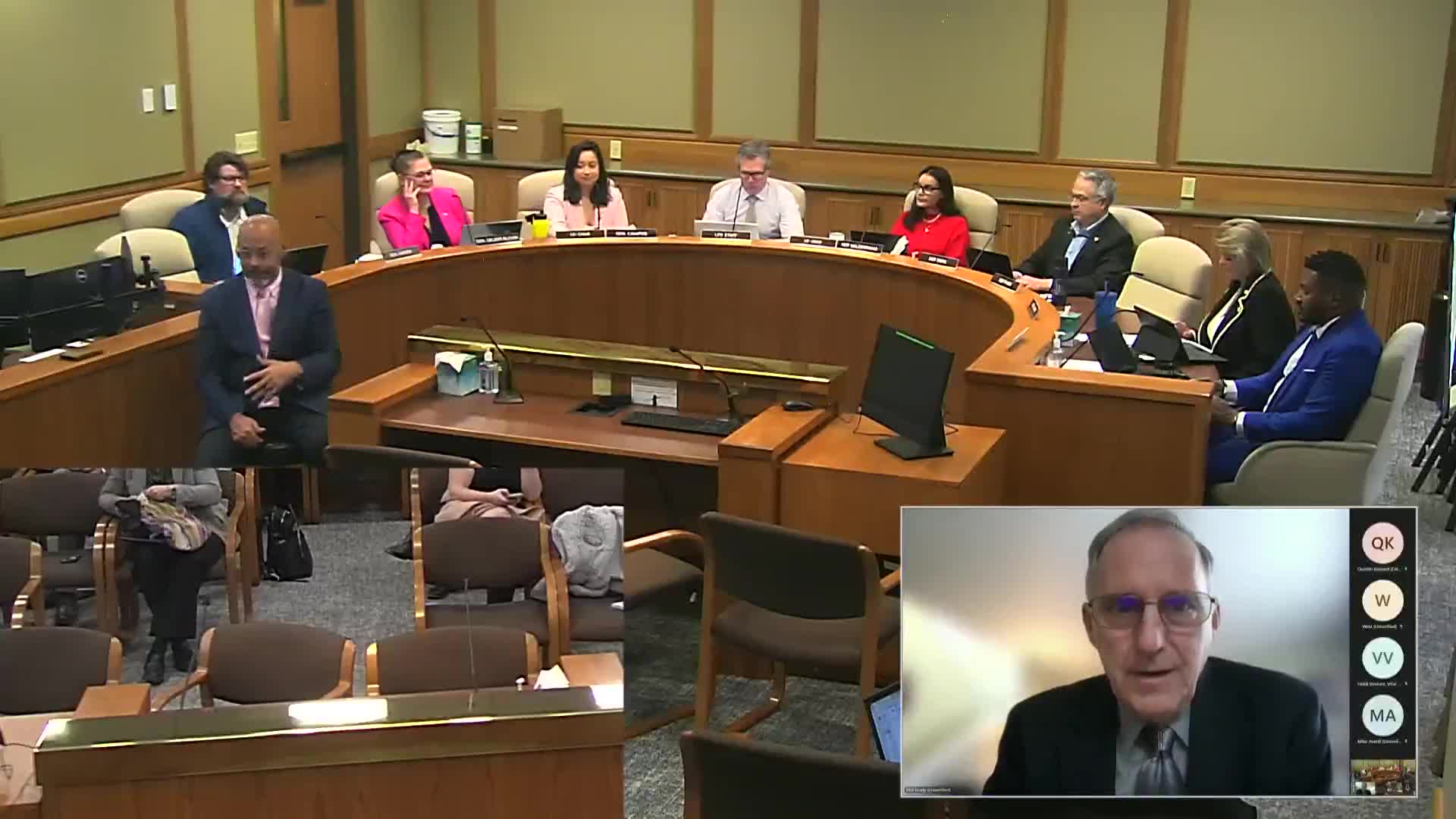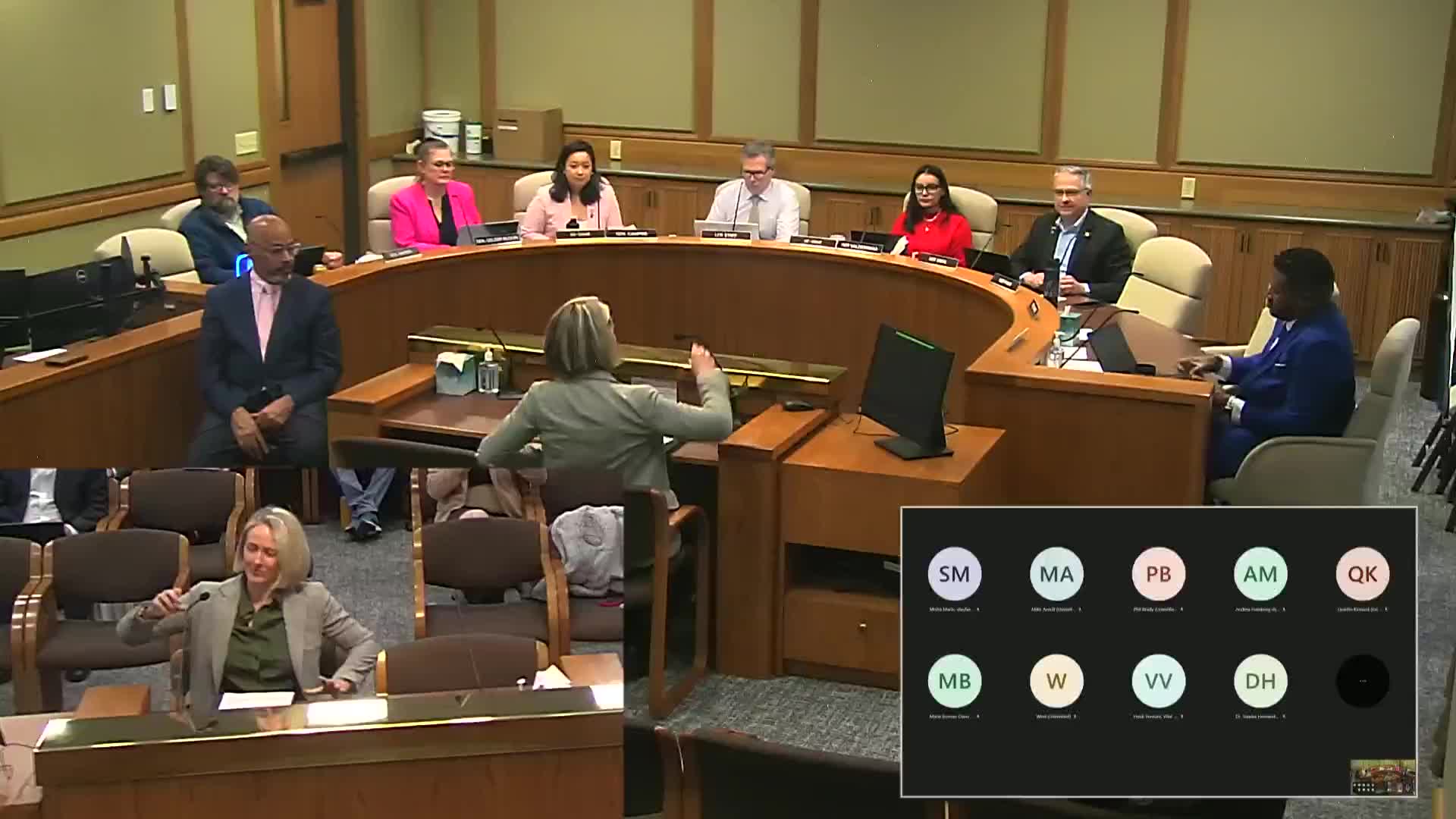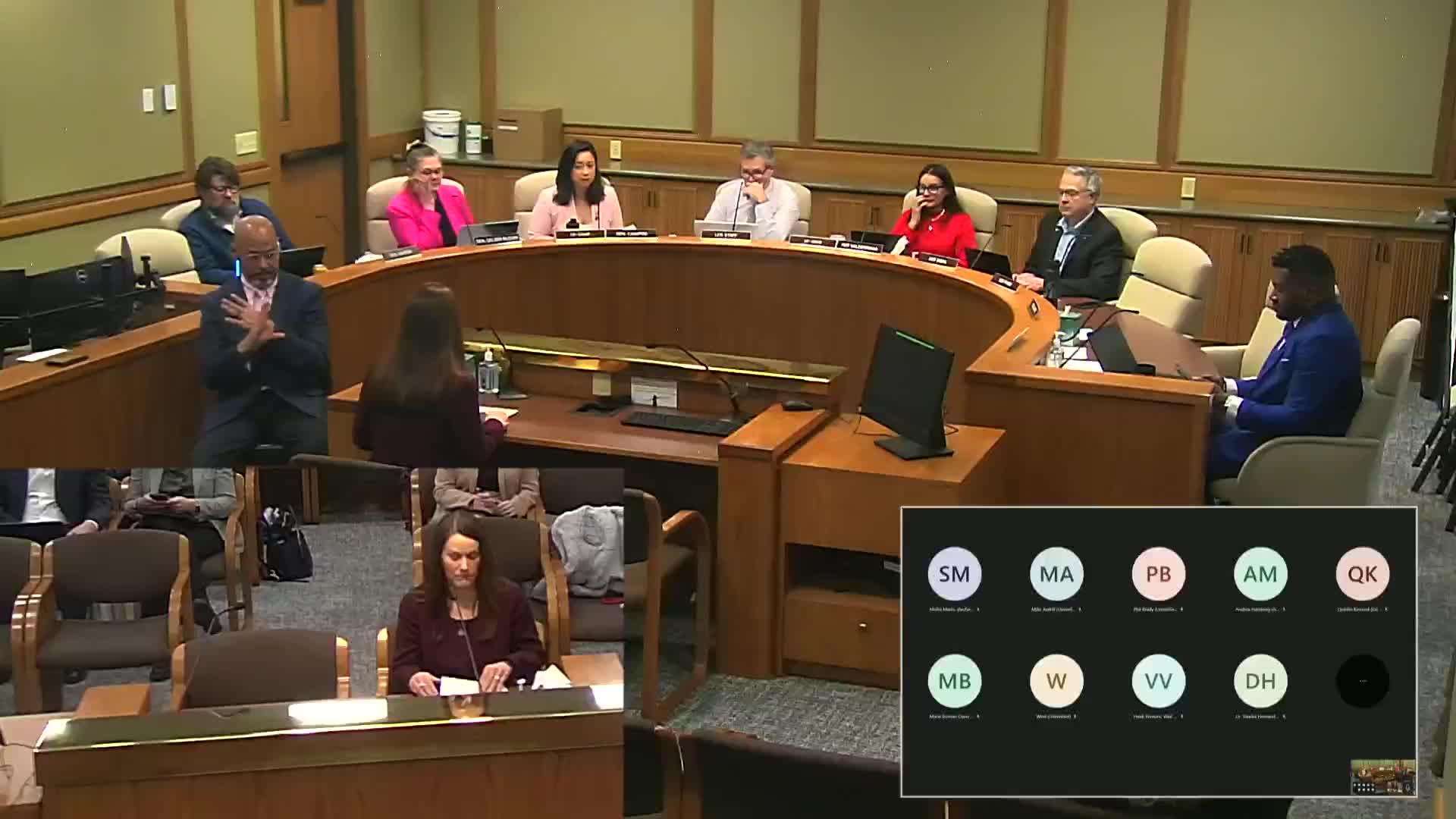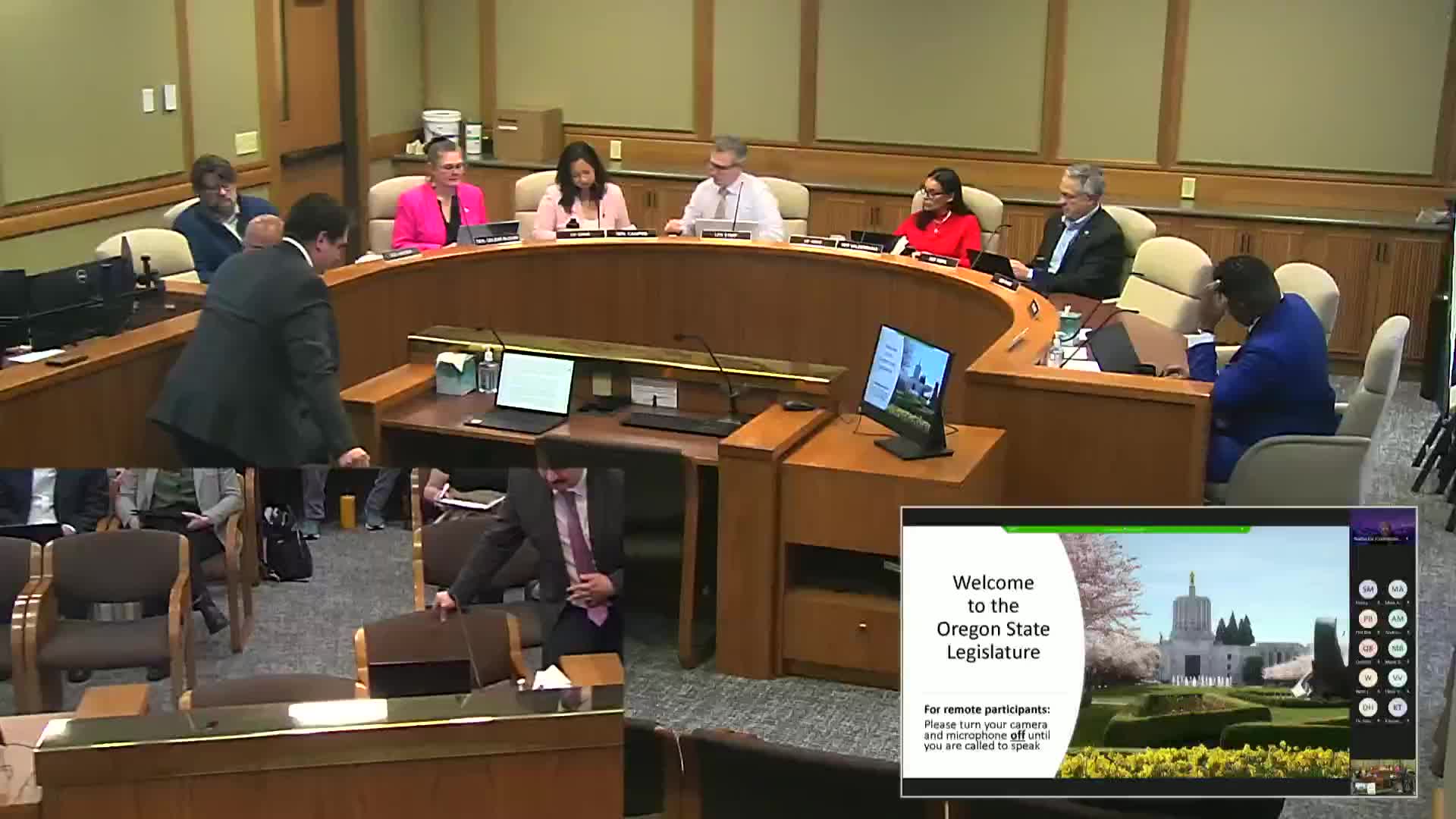Article not found
This article is no longer available. But don't worry—we've gathered other articles that discuss the same topic.

County leaders urge lawmakers to close funding gap for community behavioral health services

Psilocybin service providers warn $3.5M shortfall could force higher fees, reduce rural access

Local health officials press for $25 million boost to public health modernization in OHA budget

